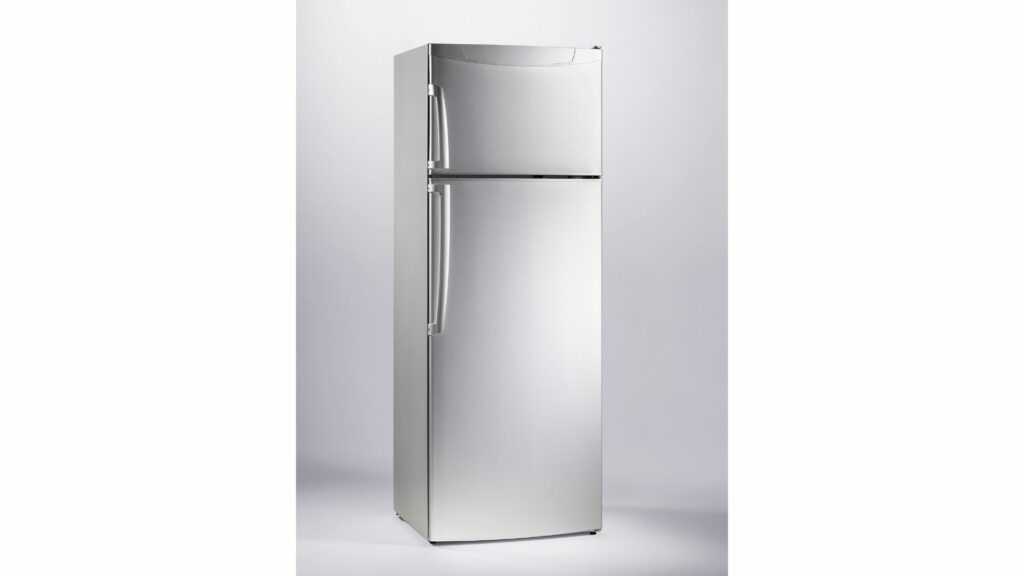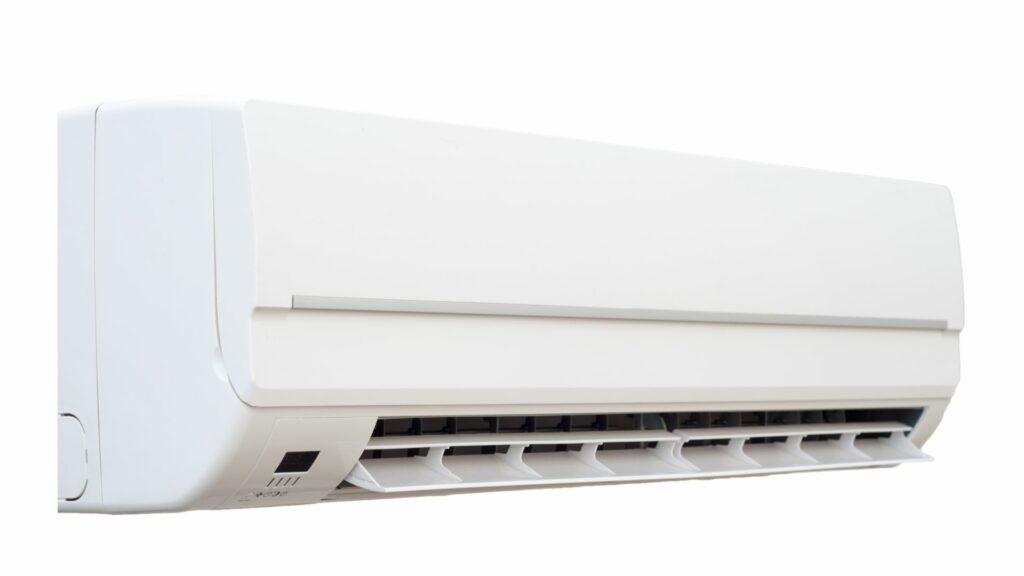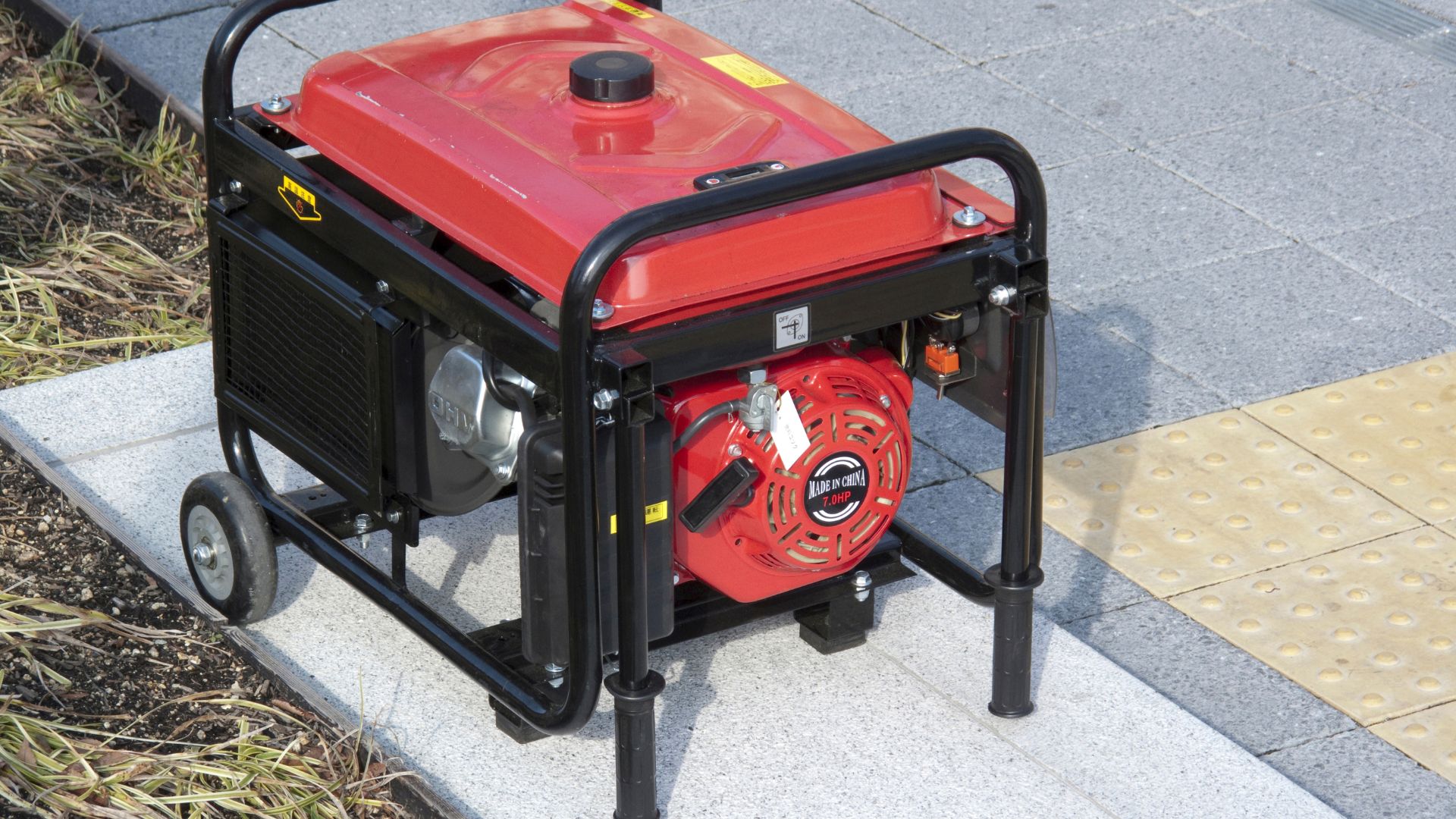If you experience frequent blackouts at home, you’re probably wondering whether a 1200-watt generator is a suitable answer to your problem. What Can A 1200-Watt Generator Run?
1200 watts equate to 10 amps (120V) and 5 amps (240V). Unfortunately, 10A is less than 15A, which means that you can’t trust the 1200W generator to accommodate all your electrical needs. 1200W generator can run blenders (400W), slow cookers (170W), irons (1000W), laptops (50W), and more. Some of these items are small enough to operate simultaneously without overwhelming the generator.
For instance, you can switch every bulb and computer on without overloading the generator.
Identifying a suitable generator takes time because you need a unit that matches your home’s needs. If you’ve already set your sights on a 1200-watt generator, this is what you should know:
1). Do you know the amps of the generator? The amperage matters because it allows you to compare and contrast loads and power supplies. For instance, if you know the amps of a fridge, you can determine whether or not your circuit can accommodate its needs.
The circuit size is measured in amps. Most homes use 15A and 20A circuits. You can run every appliance in your kitchen, bathroom, and laundry room on a 15 or 20A circuit. This gives you an idea of the amount of power you need from a generator.
2). A 1200W generator cannot run all the devices in your home at once. However, you don’t have to connect all your equipment to the generator at the same time. You can run the essential items individually. Generators Lab has a list of common household items and their wattage.
3). The generator’s 1200W rating doesn’t mean anything where appliances with higher starting watts are concerned. Running watts are the power a generator consistently delivers and the starting watts are that additional surge of energy it provides to accommodate appliances with higher starting electrical requirements.
1200W fridge uses 2,900 watts when it starts. An appliance with a lower running wattage than 1200W can overwhelm a 1200W generator if the starting wattage is higher than 1200 watts. Fortunately, you have units such as the Champion 1200-watt generator that offer 1500 starting watts.
Some 1200W generators account for an appliance’s starting wattage. Others don’t. They can only deliver 1200 watts.
Can A 1200 Watt Generator Run A Refrigerator?

A 1200W generator can run a 200W fridge, especially if the starting wattage is less than 1200W. The refrigerator will guide you here. Check the model plate to determine the starting and running wattage of the appliance.
If they are less than the starting and running wattage of the 1200W generator, you are fine. If they are higher, get a bigger generator or a smaller refrigerator.
Can A 1200 Watt Generator Run An Air Conditioner?

1000W generator can run a simple medium-sized window AC. A 5000 BTU AC can use as little as 450 watts. Keep in mind that the starting wattage of a conventional window AC is as high as 2200W.
You should aim for a 2000W generator to be on the safe side. But again, the starting and running wattage will shape your selection. Larger air conditioners with extensive electrical needs require generators with a more significant wattage. The opposite is also true. A smaller AC unit can run on a generator with a lower wattage.
Things To Consider To Estimate Whether 1200 Watt Generator Can Run My Appliance Or Not?
How many appliances do you want to run simultaneously?
Conventional households cannot afford to run one or two devices at a time. The average home uses bulbs, phones, TVs, computers, and more, and people operate them continuously. Add the wattage of all those devices and compare the total to the generator’s rating.
If their total wattage is less than 1200W, the generator will accommodate them. Then again, you can choose to ration your use of these devices if the generator is your only power source.
Starting Watts
Some appliances have a starting wattage significantly higher than the running wattage. Make sure the 1200W generator can handle that initial surge. Some fridges only use 200W during normal operations. But they can draw 1200 or more watts when they start.
An appliance with a high starting wattage shouldn’t stop you from connecting multiple devices to the generator. The key is to wait for the machine to start. Its electrical requirements will spike temporarily. Once they settle back down to manageable levels, feel free to connect other equipment.
What type of fuel does the generator use?
Dual-fuel generators provide less power when they use propane. This could lead to an unexpected overload whenever you connect appliances with a high starting wattage.
Load Type
Some loads are consistent. They draw the same volume of electricity at all times. One example is a light bulb. The bulb’s electrical requirements never change. Other loads fluctuate. Experts call them reactive loads. A 1200W generator is more likely to accommodate resistive loads with a consistent draw.
How Do I Choose The Right Size Generator?
You don’t want to buy a generator of the wrong size. You will overload a small generator. Overloads are serious. Sophisticated generators will shut down automatically. But their older counterparts may overheat and die.
If the generator was running critical equipment such as medical tools, an overload might lead to injury or death by depriving your facility of power. But getting the largest generator you can find is not the solution.
First of all, large generators can damage sensitive electrical systems. Secondly, they are expensive. You will spend more money than is necessary on a generator you don’t need. Therefore, make sure you size the generator accurately, a process that involves the following:
- How many devices do you want to run? Make a list of all the electrical equipment in your facility.
- Identify the wattage of each electrical item on your list.
- Add the watts together to get the total wattage.
- Find a generator whose size exceeds the total wattage of your equipment.
- If any appliances have a higher starting wattage, ensure the generator is powerful enough to contain that initial surge.
Keep the type of generator in mind. Inverter generators are more expensive. However, they also guarantee greater efficiency because they can adjust their output to suit the need at hand. Keep in mind that some facilities require consistent and reliable power supplies.
They can’t afford to lose power. Therefore, they will opt for larger and more permanent generator units that are less likely to overload. A simple portable 1200W generator makes more sense in a residential setting.
But if you need a generator for a commercial structure such as an office building, hospital, or restaurant, you should prioritize more expensive units. If a 1200W generator is unlikely to run every device in the average home, you cannot expect the unit to satisfy the needs of a commercial facility.
Related post:

